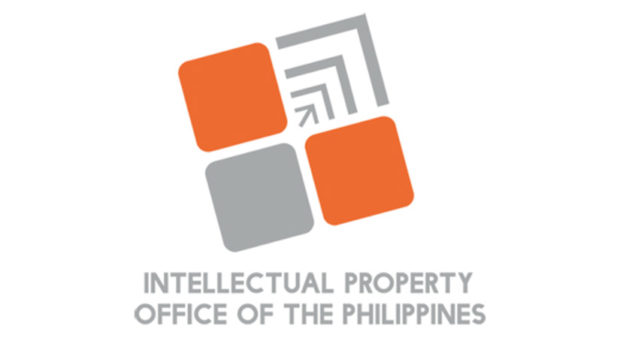
MANILA, Philippines — The country’s continuous exclusion from a watchlist for intellectual property (IP) concerns is proof that the government remains committed to protecting creatives and entrepreneurs, the Intellectual Property Office of the Philippines (IPOPHL) said on Monday.
In a statement, IPOPHL Director General Rowel Barba said that the United States Trade Representative (USTR) Special 301 Report which did not include the Philippines in its watchlist is a welcome development as it places the country in a good standing in terms of landing foreign IP assets.
“We welcome the overall positive assessment of the USTR on the Philippine IP environment. This is yet another testament that the IP Office of the Philippines and the National Committee on IP Rights (NCIPR) remain steadfast in fostering innovation, creativity and entrepreneurship and preserving the country’s attractiveness as a destination for foreign IP assets to thrive,” Barba said.
“Our continuing growth as an IP rights-conscious country is evident in these best practices. But our commitment in the past years toward a more secure IP system goes beyond these examples. We have undertaken a wide array of partnerships, capacity building and promotions and this has helped us stay out of the USTR’s watch list for good,” he added.
According to IPOPHL, this is the ninth-straight year that the Philippines was not on the USTR’s watchlist — which is updated annually to keep its stakeholders updated with IP protection measures and the enforcement of IP laws across the world, especially with its trading partners.
Barba noted that the NCIPR’s effort in clearing markets of counterfeit items — like what it did last April at the Greenhills Shopping Center in San Juan City — also helps in changing the image of shops in the Philippines as a haven for pirated materials.
“The improvements in our battle against counterfeiting and piracy have always been attributed to our whole-of-nation approach. Best IP practices can start in each company, institution, barangay and down to our own homes,” Barba explained.
READ: NBI seizes P63-M fake Louis Vuitton goods in Greenhills Shopping Center
But despite the absence in the USTR’s watchlist, the 88-page report said that allegedly, the Philippines and other Asian countries are becoming hubs for counterfeit medicines, citing data from the Organization for Economic Co-operation and Development (OECD) and the European Union IP Office (EUIPO).
IPOPHL Deputy Director General Teodoro Pascua said that they are addressing the said issue, partnering with the Pharmaceutical Security Institute (PSI) to create “a framework for capacity building, awareness and vital information exchange relevant to curb the circulation of counterfeit medicines.”
“The data from the OECD and EUIPO presented in the ‘Trade in Counterfeit Pharmaceutical Products’ publication dates back to 2014-2016. Thus, it fails to consider subsequent efforts taken and more recent data,” Pascua said.
“Regardless, we are strengthening our efforts to ensure that our pharmaceutical industry remains trusted and capacitated to combat the effects of counterfeiting,” he added.